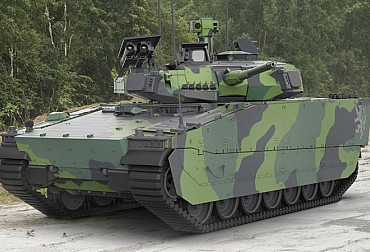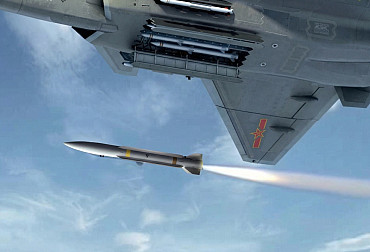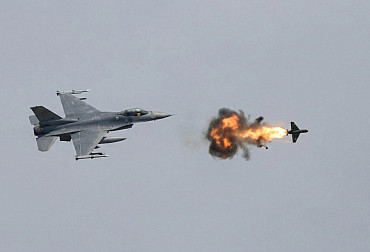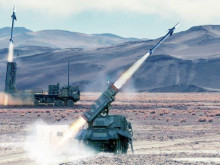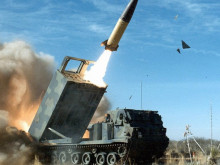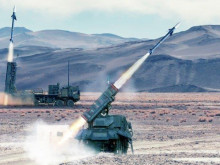Military Police: From protecting forces to operating in combat and cyberspace
The Czech Republic's Military Police is primarily perceived by the public as a force that maintains order in the army, investigates criminal activity, and guards military facilities. However, as Deputy Chief of the Military Police Brigadier General Pavel Huták explains, its role has changed significantly in recent years, with an increasing focus on supporting troops in the field and addressing modern threats.
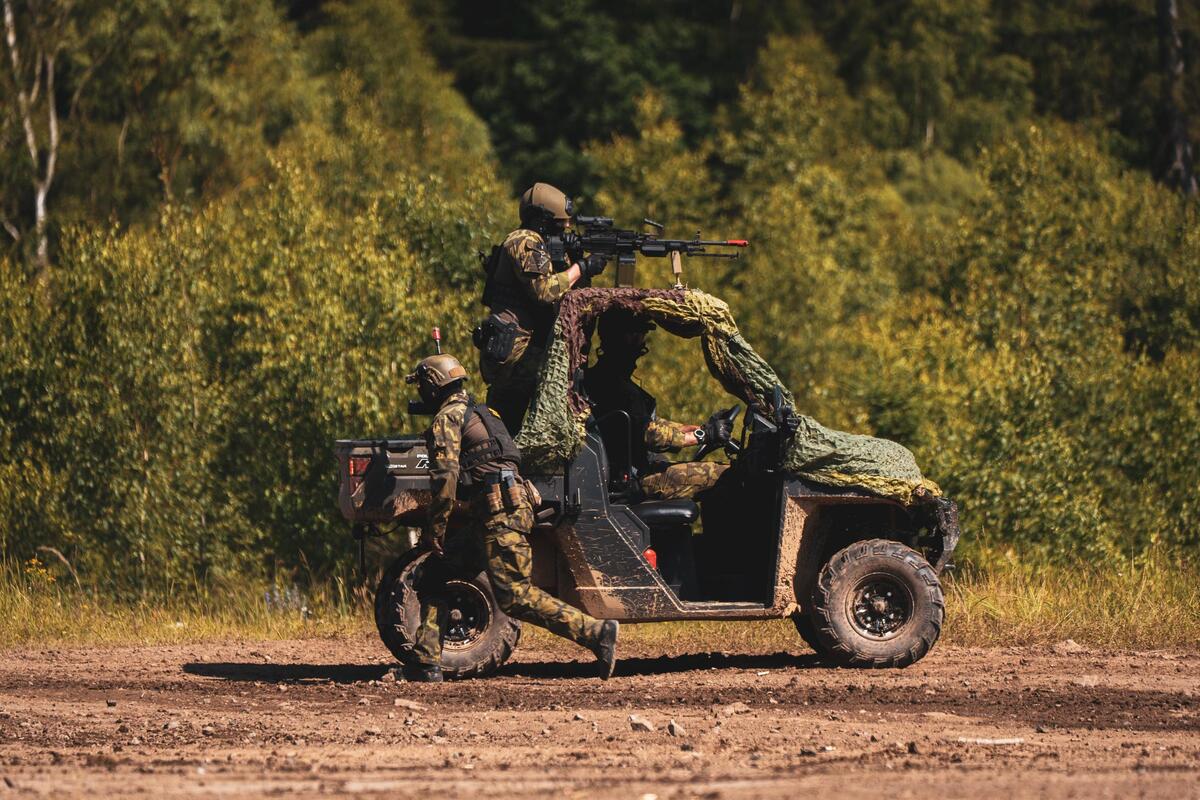
"The Military Police Act is crucial for us—it defines our mission and role," says General Huták. "First and foremost, it concerns the police protection of the Czech Republic's armed forces. However, this is not just about guarding, investigating, and other police activities. Recently, we have been trying to shift this toward a role of supporting the troops, as the situation requires."
According to him, this trend did not start yesterday – the Military Police has been supporting combat units for a long time. "It started with the Fourth Brigade when it began to build a combat task force, of which we were a part. Even then, support was not limited to investigations, but also included protecting command posts, convoys, escorts, supervising discipline, and protecting against attacks," adds the general.
The Czech Republic is a frequent transit route for foreign military units. The Military Police therefore works closely with partners from NATO and other allied countries. "We take over foreign military troops from our foreign colleagues at the border, then provide them with instructions, specify their route, rest stops, and assembly points. We accompany them along the route, providing escort vehicles at the front and rear of the convoy, as well as mobile patrols in risky sections," Huták explains.

In the past, similar tasks were more complicated due to the language barrier. "When I started and was sent to accompany the Dutch, my English was at STANAG 1 level. There was no GPS, no navigation—we pointed our fingers at the map to show where we were going," recalls the general. Today, the situation is different—the technology and language skills of soldiers have advanced significantly.
The military police currently maintains a staffing level of just over 90 percent. "We are able to do this because for many of our members, it is more of a lifelong vocation than a job for a few years," explains Huták. According to him, motivation is key—not only financial, but also professional: the opportunity for career growth, further education, or specialization.
"We can send soldiers to advanced professional courses, the Police Academy, or other universities. This keeps experienced people with us and attracts newcomers. So far, we have been able to balance the generational change, but the planned increase of up to 500 people by 2035 is currently a major challenge for us," says the deputy chief of the Military Police.
The development of modern technologies is opening up new areas of activity. "We already have drones for protecting ammunition depots and for pyrotechnicians' work. We have trained several dozen operators and are waiting for new machines so that they can start working with them," explains General Huták.
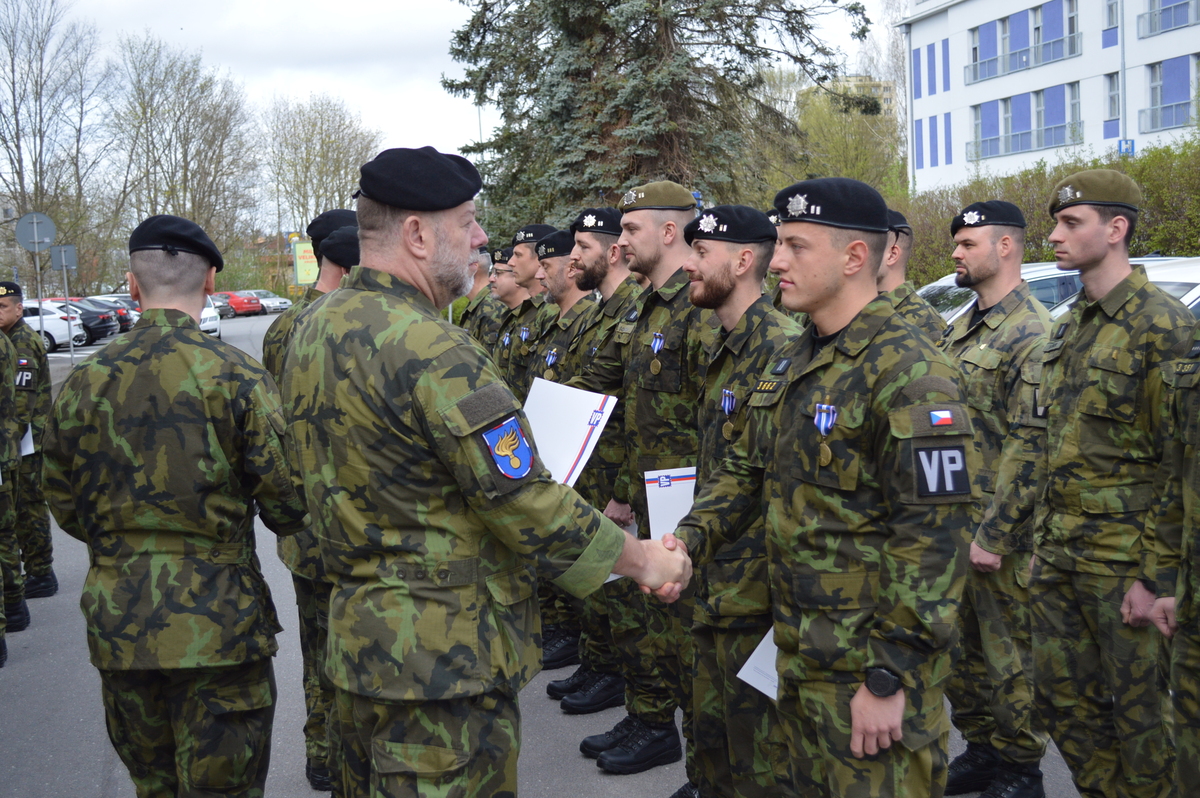
Another topic is protection against hostile drones – from electronic warfare to kinetic destruction. "Today, we only have basic electronic protection and, as a last resort, a shotgun. We need to move forward – take control of the drone and ground it electronically. In today's society, anti-drone protection is a topical and much-discussed issue among security forces."
In the area of cybercrime, the Military Police already handles cases at the criminal law level, but does not yet have a specialized department. The army has other units for this purpose, but the Military Police wants to focus more on this capability in the future.
The military police work under the supervision of the public prosecutor in criminal matters, and according to General Huták, leaks of information from their files are impossible. "Information from the investigation is provided only by the supervising public prosecutor. When a suspect becomes a defendant, both he and his lawyer are familiarized with the file—and that is often where information can appear in the media."
According to Huták, foreign deployments are very beneficial. "The biggest advantage is building interpersonal relationships – soldiers see that we are not just bad cops, and we in turn perceive them as equal partners. They recognize that we are experts and can help them – in accidents, in traffic, and in other crisis situations."
General Huták emphasizes the expertise of soldiers and police officers. "Today's soldier is not just a guy with a rifle in the woods. He is an expert who is sufficiently equipped with language skills and has the required education. If someone comes just for the paycheck, it's a future problem – for him and for us."
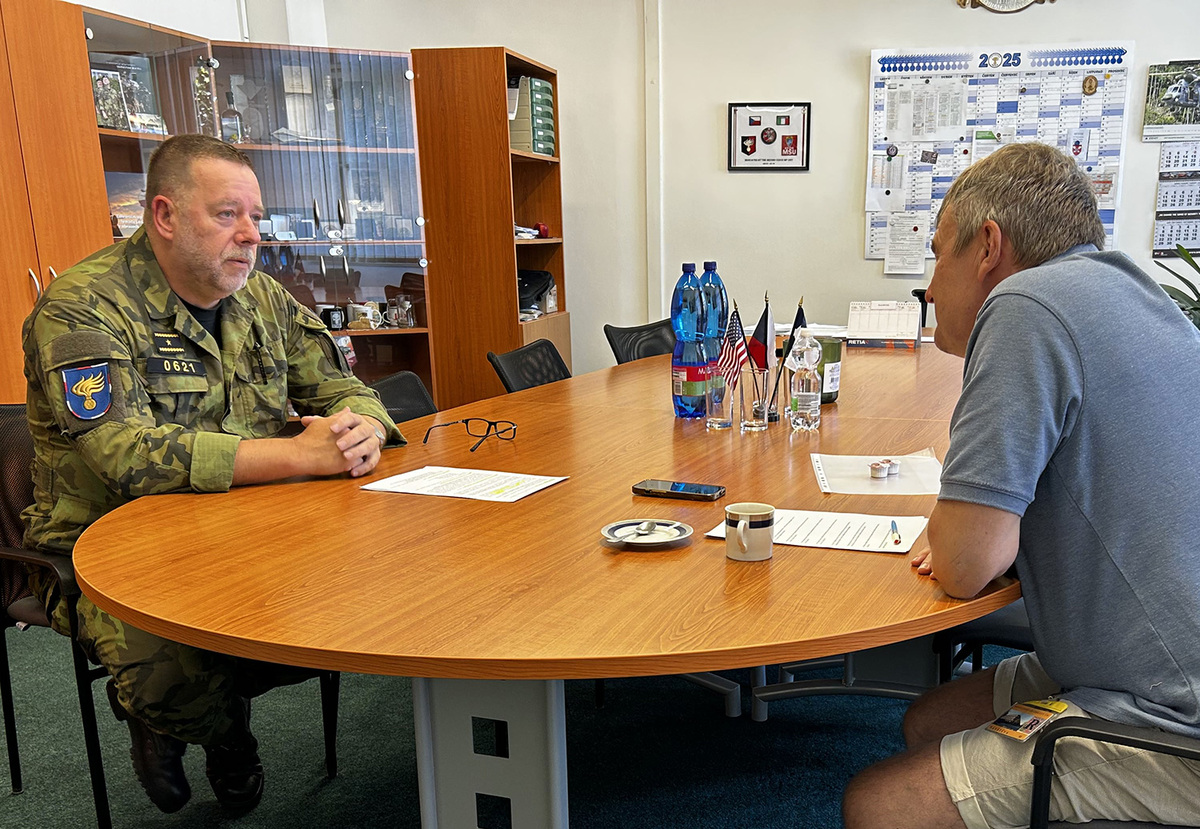
According to him, the prestige of the profession is an important attraction: "There aren't many of us military police officers, but we are more visible. We have a slightly different training system, different technical resources, technology, and all these aspects can increase the attractiveness of military police officers." As far as recruitment is concerned, there are plenty of applicants. However, barely 50% pass the Military Police selection process.
The Military Police has a clearly defined strategy and goal in its "Concept for the Development of the Military Police until 2035." "We want to keep pace with technological progress and better adapt to the security situation at home and around the world. We must be prepared not only for peacetime tasks, but also for possible wartime deployments," emphasizes General Huták. He considers investment in state infrastructure—roads, bridges, and railways—to be important from a military point of view for possible military movements. "Of course, we would welcome more money, but we must be able to use it effectively. We know what we want, but the procurement processes are complex and slow us down," concludes Brigadier General Pavel Huták.











